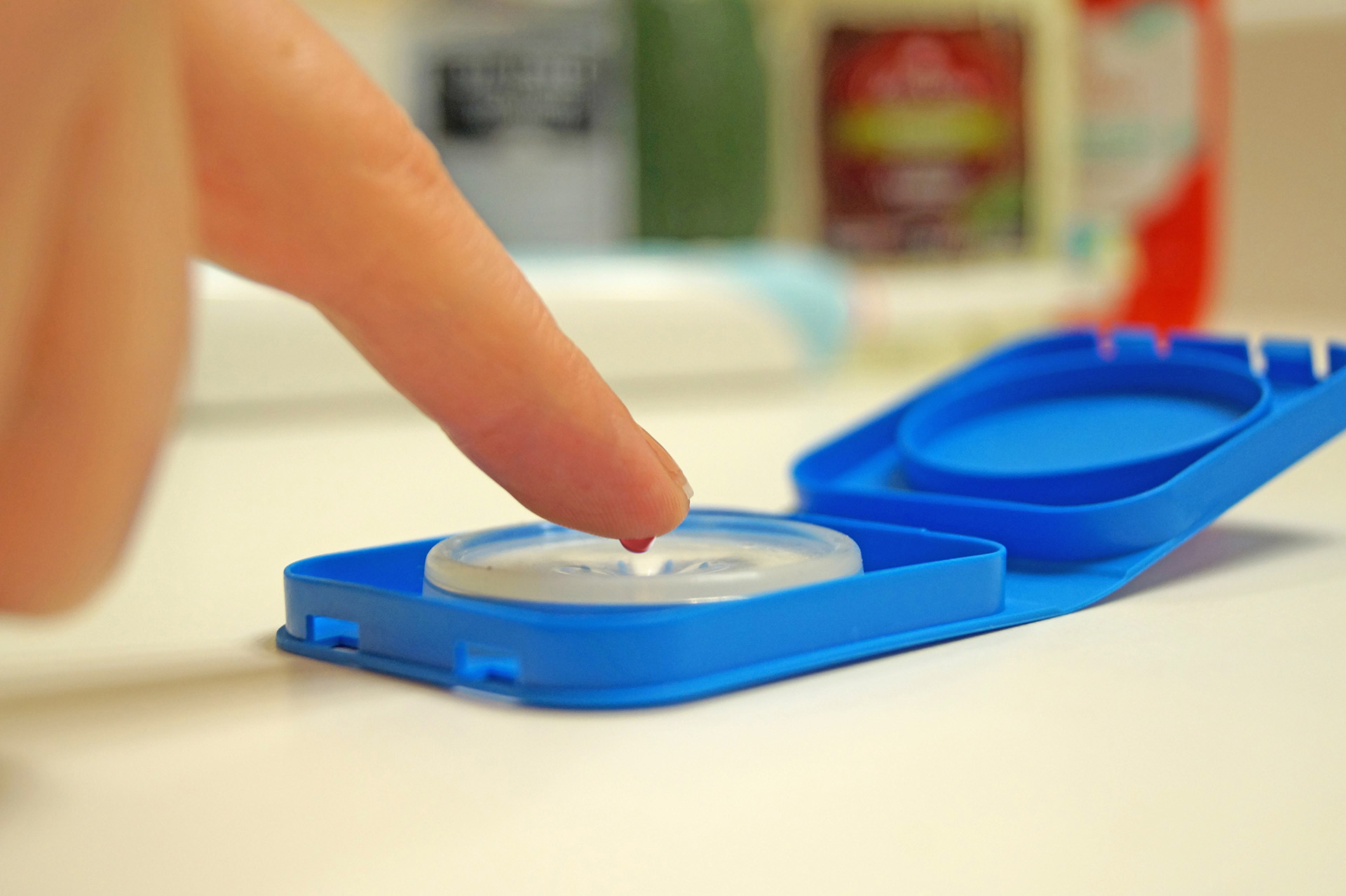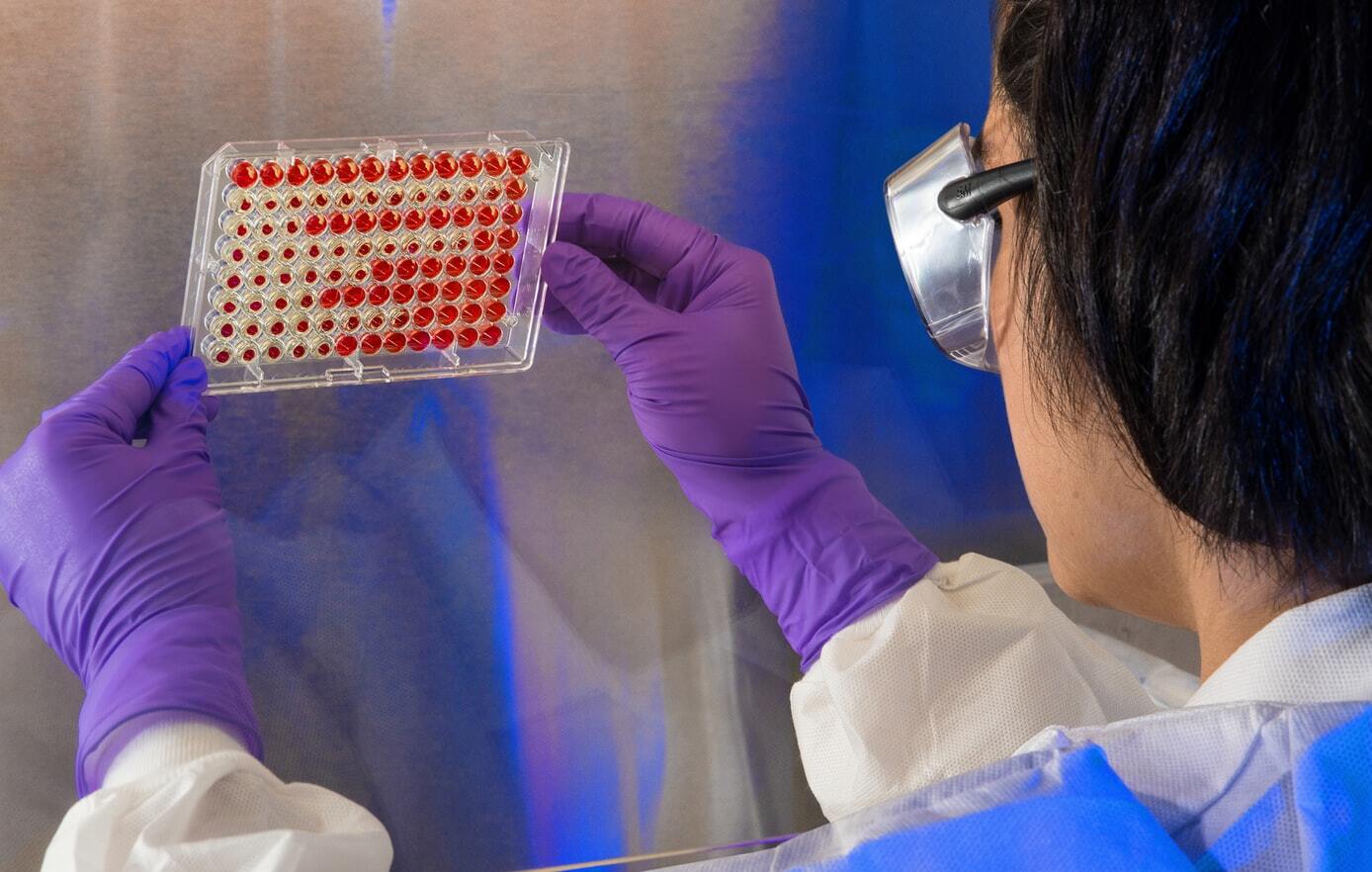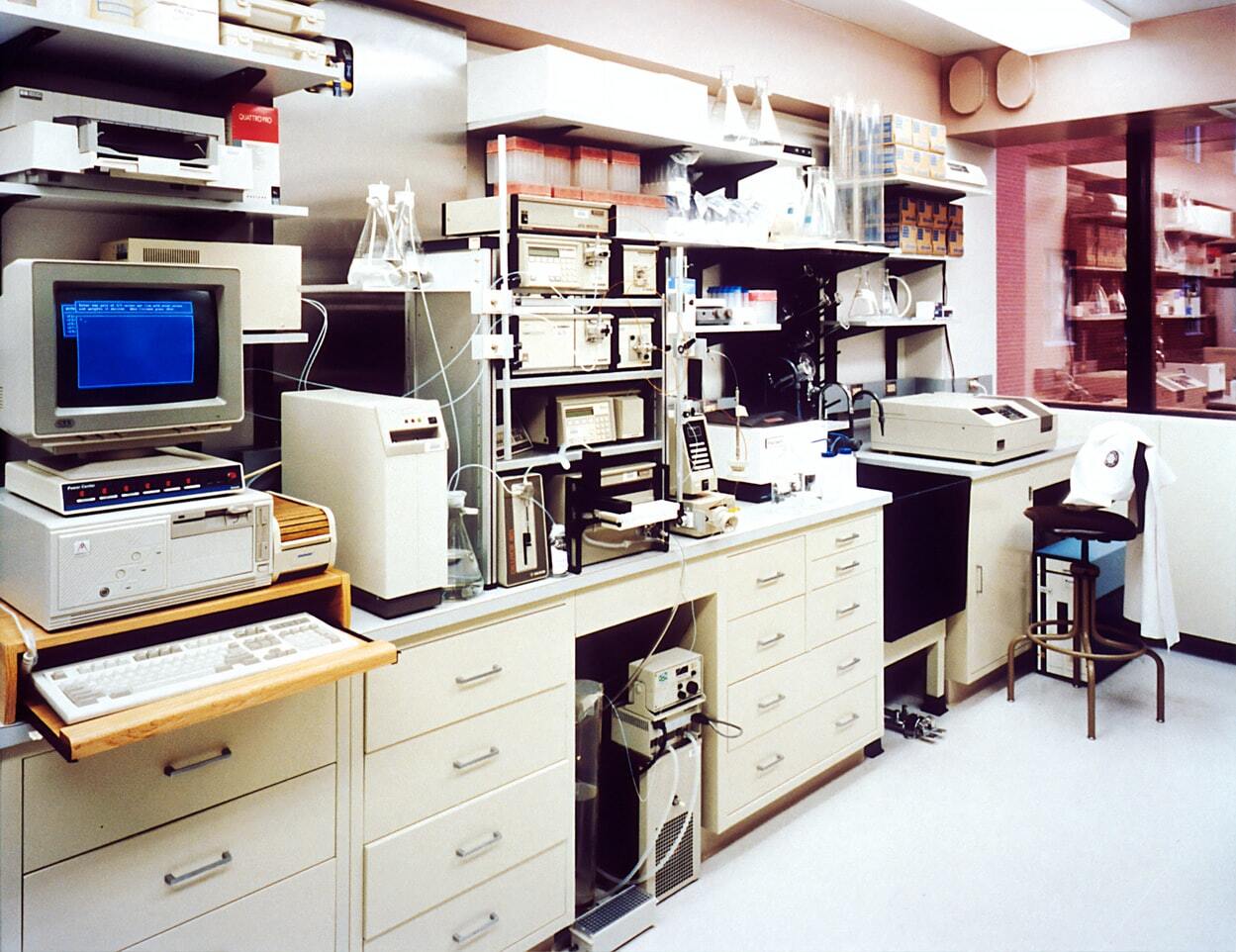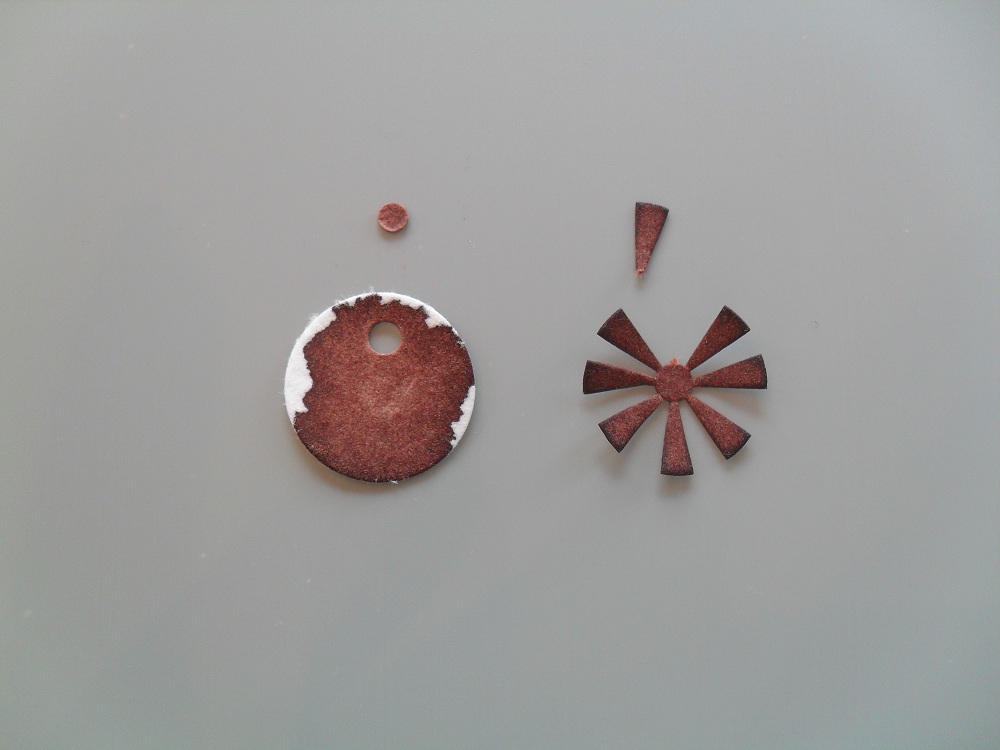Spot On Sciences, Inc., an Austin-based medical device company, has received a two-year, $1 million Small Business Innovation Research (SBIR) Phase II award from the Defense Advanced Research Projects Agency (DARPA) to further develop a device that would allow anyone to take a blood sample in any location and ship or store the samples at room temperature.
The HemaSpot™ device, developed by scientists at Spot On Sciences under a DARPA SBIR Phase I award, is based on dried blood spot (DBS) technology, which is best known for newborn screening. The patented device allows blood sample collection to be performed away from a lab, improves sample quality, simplifies collection, and allows for stable sample storage for years at room temperature. Recognizing the potential of the HemaSpot™ device for improving point-of-care diagnostic testing of military personnel, DARPA is supporting further research.
“We are excited to be working with DARPA to develop a device that is robust enough to allow a soldier in the field to safely collect blood for testing” said Dr. Jeanette Hill, Spot On Sciences’ Chief Executive Officer. “HemaSpot™ has many additional commercial uses for clinical trials, rural and home-bound testing, bio-banking, population studies and a wide range of medical research.”
The single-use HemaSpot™ device uses a finger stick to collect and dry two drops of blood within a protective cartridge. Once dried, the sample is stable at room temperature and can be safely and easily shipped to a diagnostic test site for analysis. Traditional DBS involves a multi-step process that is subject to errors from moisture, contamination, and sample loss. HemaSpot’s™ innovative design addresses these problems, streamlining the entire process. Common disease markers can be measured including proteins, nucleic acids and small molecules.
“Traditional testing by venipuncture draws several vials of blood. HemaSpot™ takes a tiny sample, only two drops, and spreads it onto a filter paper which we have pre-cut into fan blades that can be easily ‘plucked’ for analysis. They also remain stable at room temperature for years. The real advantage of this technology,” continued Dr. Hill, “is that it is much easier and cheaper to collect and store blood samples. This creates exciting new possibilities for medical research and health care.”
About Spot On Sciences
Spot On Sciences, Inc., located in Austin, Texas, is a medical device company that is actively developing innovative methods for collecting and storing biological fluid samples. The company’s current product, HemaSpot™, allows for simplified blood sample collection and storage for dried blood spot (DBS) testing. More than 20 billion blood tests are performed annually worldwide with in vitro diagnostics showing sales of an estimated US$28.6 billion worldwide. Spot On Sciences aspires to change existing paradigms in this mature market with technologies that simplify processes, save time and reduce costs. The firm was selected in 2011 as a finalist for the prestigious Cartier Women’s Initiative Award. For more information visit the company’s website atwww.spotonsciences.com.
Approved for public release; distribution is unlimited.










